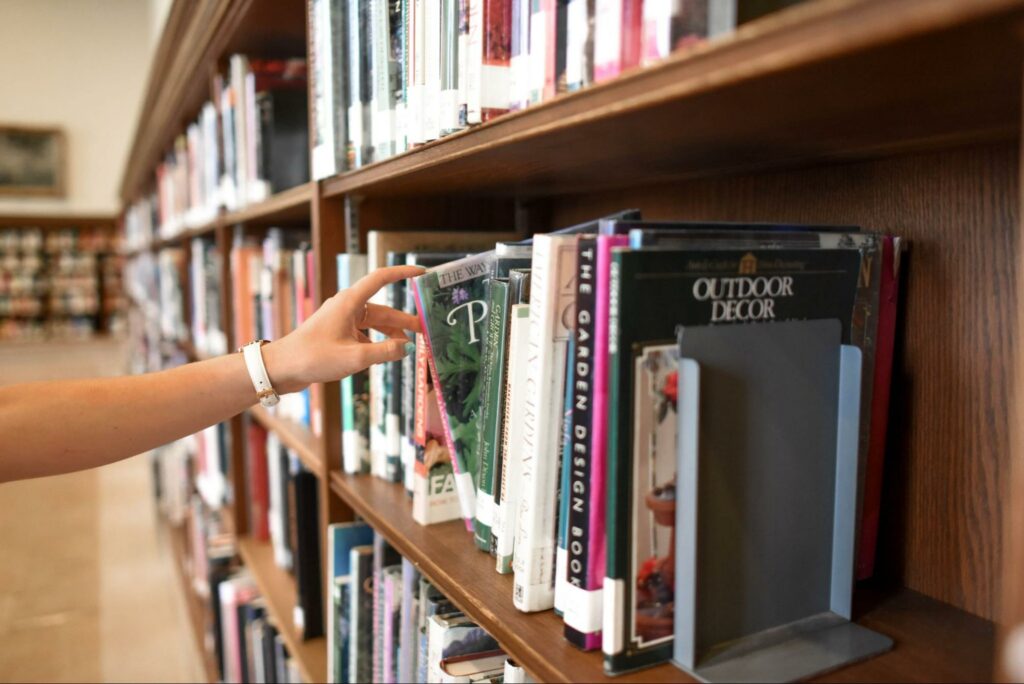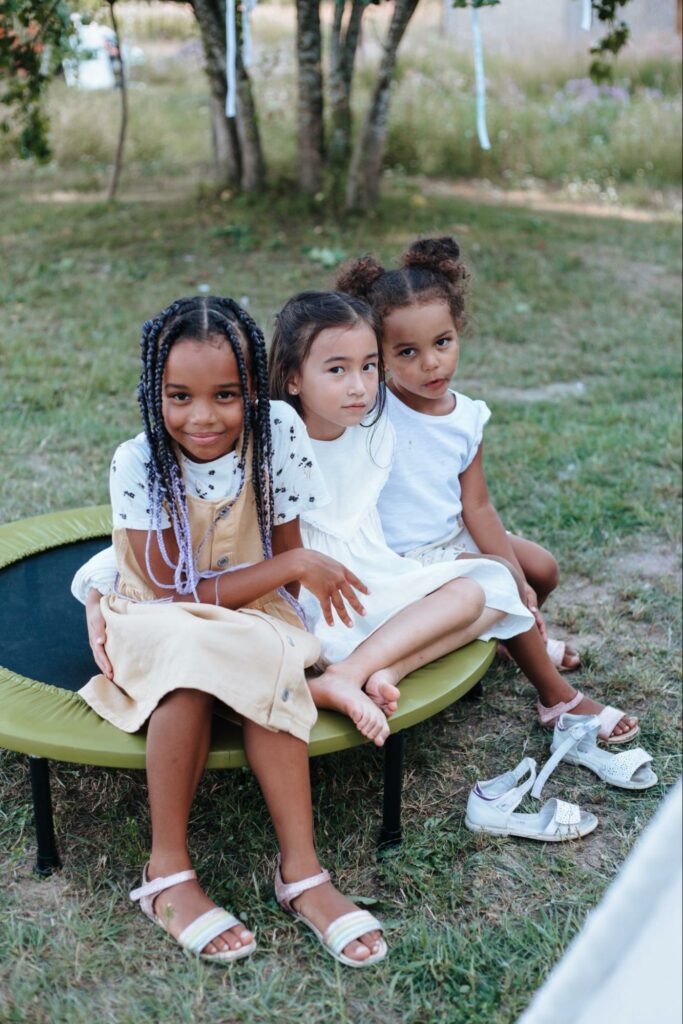If someone had said two years ago that Educators would have to change their entire teaching methodology, who would have believed them? Who could have predicted the unprecedented crisis of Covid-19?
In a bid to stop the spread of the virus, stores, offices, community buildings, and schools were closed while people stayed at home.
According to UNESCO, at the pandemic’s peak, 90% of the worldwide student population were affected by school closures. The shift to home-schooling resulted in an estimated 2 trillion hours of lost in-person learning. In addition to the negative impact it had on food, family life, and general wellbeing, The Organization for Economic Co-Operation and Development predicted that the development of children’s cognitive and socio-emotional skills would also be affected.

As the situation required learners to be spontaneously adaptive and flexible, there was a fear that children would fall behind. Those who struggle with emotional regulation and rely on routines may have found it harder. Educators were concerned that the pandemic would add another layer of distress to children already experiencing trauma in their home life.
Even two years on, many are still reeling from the experience. Some feel that high-level skills such as stress management, adaptability, and empathy, must now be taught as part of the curriculum to mitigate the negative impacts of the pandemic; and to empower children to be more resilient and flexible.

The OECD has recently discussed how COVID-19 put the role of technology under the spotlight. Since home education required access to a tablet or computer, it has highlighted the need for education to be redesigned, going beyond the linear learning of textbooks and test results, and taking a more child-centric approach.
KneoWorld has been providing virtual teaching environments long before learning via technology was a pandemic reality. While those already engaged in the platform are accustomed to this style of learning the pandemic demanded that there be a shift in mainstream pedagogies and that the teaching of reading and maths
could be improved by technology. It asks educators to embrace virtual education as an opportunity for growth that focuses on the real world and not necessarily a virtual reality.
Social and Emotional Wellbeing
There is much to be said about the way the pandemic emphasized our need for care and responsibility to each other. As children’s skills in this area improve, so does their positive attitude and behavior within the classroom environment. (Dae-Seok and Eunyoung Hong, 2019) They are taught to face challenges, resolve conflict, and build strong and healthy relationships with their peers.
Marc Brackett, Founder, and Director of the Yale University Center for Emotional Intelligence goes one step further stating that for children’s behavior to improve, educators must be competent in their own emotional intelligence and regulation. Children who are taught to identify and understand this are more successful in creating healthier, equitable, innovative, and cooperative interactions. It is preparation for life.
Caring as an educational purpose.
KneoWorld’s methodology is committed to innovative education. It stresses the importance of core values by stimulating and recognizing the emotions of students. Kindness and compassion become a part of the curriculum and through Challenge Based Learning, students learn to work collaboratively, creatively, and with a level of critical thinking and self-regulation to solve real and contextual problems.
The experiential learning that KneoWorld offers aims to bridge the gap between children’s school learning and the real world. Moore (2013) supports this fundamental principle.
“Students learn best when they actively participate in open learning experiences, as they discover for themselves, try out solutions, and interact with other students within a given context.”
KneoWorld offers each child an individualized plan where they learn through learning stories, task-based games, brain games, adventure stories, and practical activities and challenges.
Read more about the research and underpinning theories here.



